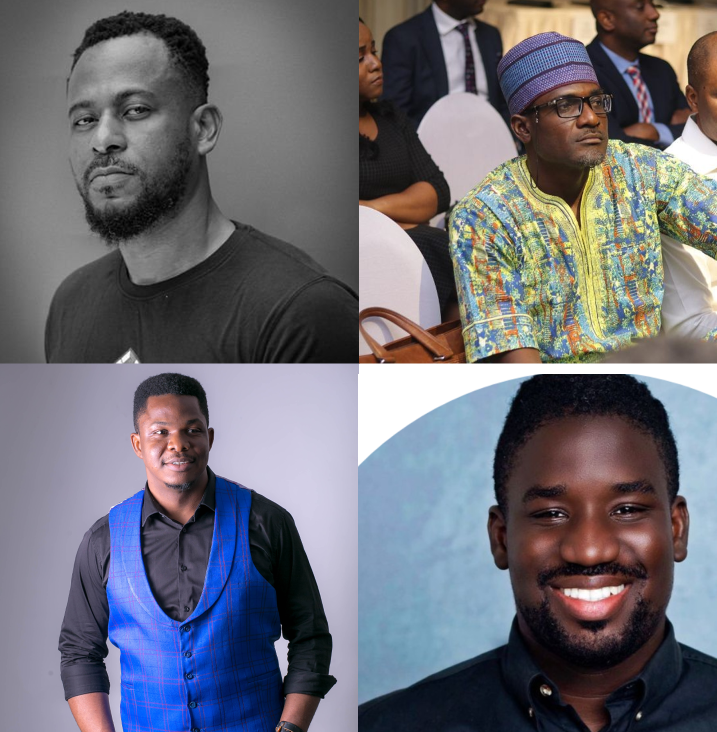By Felicia Nwosu
The recent ban on the use of foreign models and voice-over artistes in Nigerian commercials by the Advertising Regulatory Council of Nigeria (ARCON) has continued to invoke and receive mixed reactions from key players in the Integrated Marketing Communication (IMC) industry.
Idu Raphael, the Chief Executive Officer/Chief Creative Officer at Poke Ltd. spiked reactions among practitioners on his LinkedIn page. With torrents of questions, he noted that the Council’s ban on the use of foreign models in ads in Nigeria’s ad space leaves a lot to unpack for clients and advertisers.
“What is the scale of foreign ads or use of foreign models within the Nigerian advertising space? Is it a social part of the Nigerian advertising space? How do you prove a model or voice-over artiste is not a Nigerian? Do you think the action is racist? Does the use of foreign or local models/VOs impact an ads performance in any way? Oh I almost forgot, most importantly, how does the ban apply to stock images?” he asked.
Reacting, Foluso Ogunsan, an Independent Oil & Energy Media professional said: “There’s a practicality to this action – development and improvement of the advertising space for Nigerians by Nigerians. It is quite annoying to hear a radio jingle with a street name pronounced in a foreign tone.
“The edict or law keeps money inside this country. There’s a lot of ways Nigerian Naira is taking flight out of this country. The law has been made, its compliance and resulting activities and effects will tell if it is useful or not.”
Charles Omoregha, a Pharmacist, Project Manager & Data Scientist, stated that the role of marketing is to meet the needs of consumers and the same should be accorded in every aspect of marketing strategy.
“What we deal with as marketing professionals is the consumers’ point of view. If the consumers hate foreign models and audios, then the ads will be non-impactful and agencies will be forced to use local options. Anything other than this is meaningless in marketing,” he said.
Gbemileke Oyinsan, a Media Consultant, urged ARCON to back the policy up with noticeable and laudable action points that will benefit practitioners.
“The policy can be likened to a chef/cook that focuses on describing the taste of a dish and not focusing on getting the ingredients that make the said dish pleasurable and tasty so people can decide on their own. Does the Council (ARCON formerly APCON) have the capacity, manpower and resources to back up the policy? If not, then it’s a wishful thinking and the intention will be lost with time.
“I believe there are more important policies and issues that need to be changed, tweaked and, most importantly, enforced by ARCON. But this policy on ban is a step in the right direction just not in the order of priority based on the reality on ground within the sector,” he said.
Bello Yusuf, a Trade Marketing professional, noted that advertising cuts across boundaries and should not be restricted to a particular region.
“This decision appears not to be thoroughly thought out. What happens to global appeal? Is Nigerian advertising restricted to Nigeria? What happens to multinational, multi-racial appeal?” he said.
Ademola Oshunniyi, Country Manager at Syracuse Africa, on his part, said it is in fulfilment of Nigeria’s systemic style of taking policies.
“I guess one will begin to Photoshop skin tones. Though we all understand why this policy may exist, it just feels like it was done to tick the box. It’s obviously not deeply controlled to make a change,” he stated.







Comment
No comments found.